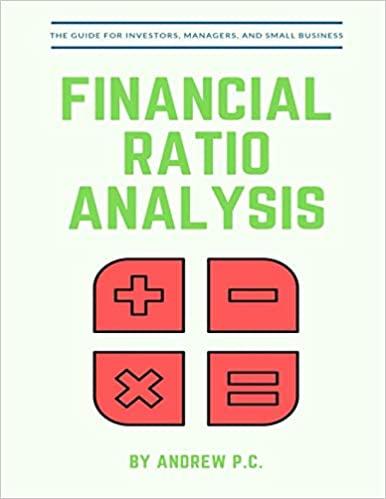Question
Europe company has a receivable of $144.927millon Today spot rate: US$1.4706 = 1 Euro Consider and evaluate the following methods and determine if it would
Europe company has a receivable of $144.927millon
Today spot rate: US$1.4706 = 1 Euro
Consider and evaluate the following methods and determine if it would be beneficial to hedge or not hedge the methods.
First method
Foreign Currency Loan
This product would create a US$ obligation 180 days in the future, which would be discharged by the final
dollar contract payment to VSC in November. VSC could borrow today the present value of the dollars to
be received in November. The dollars would be immediately exchanged for euros at the current spot rate,
and either be used to fund working capital needs, pay down debt, or invested in a euro financial instrument.
Thus, VSC could borrow US$ from the bank at todays meeting and convert the loan proceeds to euros to
help finance the completion of the contract. The dollars received on November 17 from completing the
contract would discharge the dollar loan, interest, and principal. Any exchange rate gains or losses on the
receivable due to a change in the value of the US$ per euro exchange rate would be offset by matching losses
or gains on the US$ per euro value of the loan.
In his role as chief foreign exchange advisor, the banker believed that a 180-day loan in U.S. dollars could
be made today at a rate of 2.0 percent above the U.S. dollar prime rate of 6.00 percent per annum plus an
arrangement fee of 0.125 percent. The comparable prime euro interest rate was 5.50 percent, with VSC
receiving a spread of 1.85 percent in the euro market for short-term investments.
Second Method
Presale of Foreign Contract
Peter also knew that it was possible to presell the balance due on the foreign contract, or receivable, at a
discount as an alternative method of hedging exchange rate risk and raising funds to help VSC finance the
completion of the project. This alternative was different from a foreign currency loan in that it would not
add to VSCs already large outstanding debt. The discount, or interest rate, for the presale was fixed for the
180-day period at US$ LIBOR (London Inter-Bank Offered Rate), currently at 4.15 percent per annum
plus a credit risk spread for VSC of 1.8 percent. The arrangement fee for setting up this transaction was
a flat upfront fee of 0.5 percent. The current euro six-month LIBOR was 4.35 percent plus a comparable
credit spread.
Regarding the longer-term six-year service agreement, VSCs bankers recommended exploring the following
options: check if VSC had any offsetting U.S. dollar or parallel foreign currency payments (e.g., Canadian
$) to match the U.S. dollar receivable or determine if it made sense to use back-to-back or parallel loan ar- rangements, or cross-currency U.S dollar-euro swap to offset the expected U.S. dollar receivable.
Step by Step Solution
There are 3 Steps involved in it
Step: 1

Get Instant Access to Expert-Tailored Solutions
See step-by-step solutions with expert insights and AI powered tools for academic success
Step: 2

Step: 3

Ace Your Homework with AI
Get the answers you need in no time with our AI-driven, step-by-step assistance
Get Started


